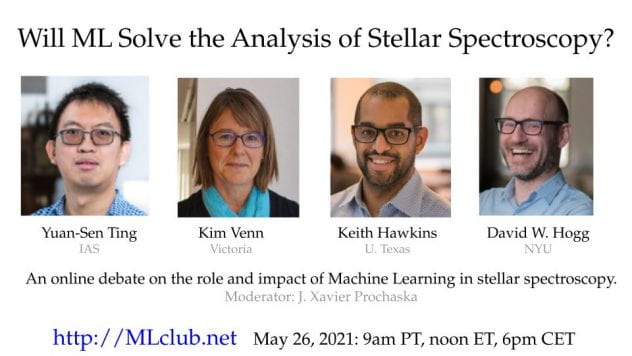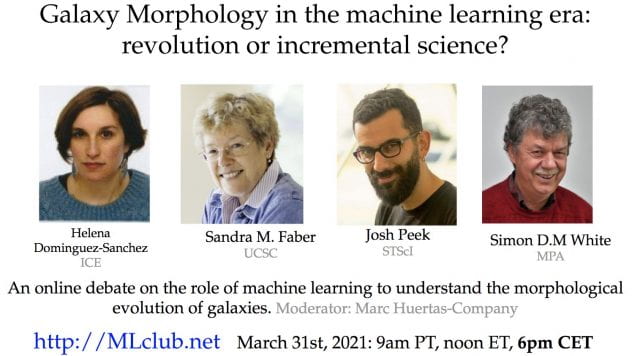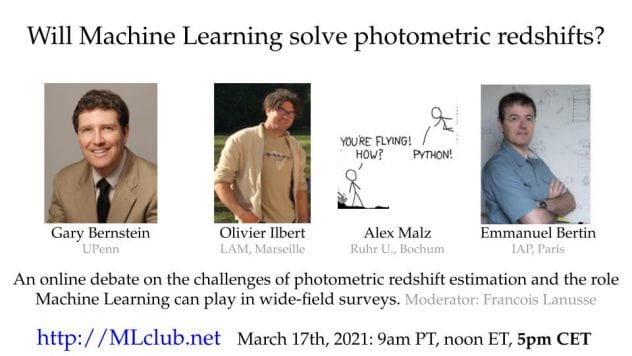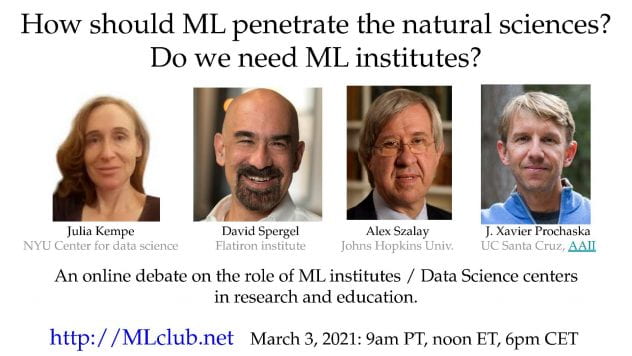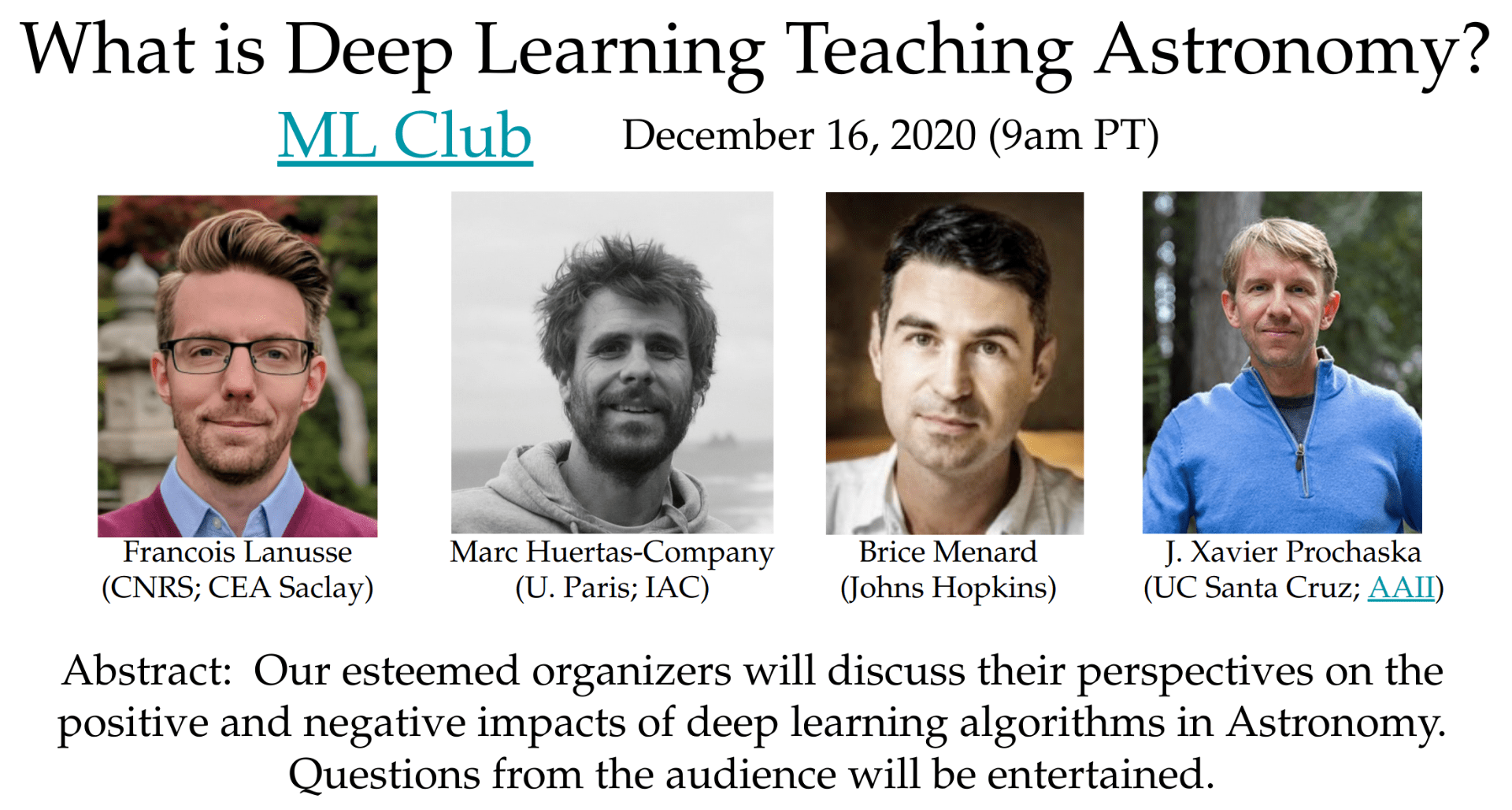We look forward to MLonMB on November 10, 2021 from 9am-3:30pm at the UCSC Hay Barn (coffee and fruit will be available from 8am-9am). Our last requests of you prior to the meeting are described below. They include input on your dietary requirements, parking, and a bit more.
Logistical info
This Google doc describes logistics like parking and COVID protocol. We will supplement it when asked.
Please fill out this form to provide us with your dietary information and other salient info. We request this information by October 20th.
Introductory Slide
We are asking each participant to provide a single slide introducing themselves. At a minimum, please provide a photo, a brief bio, and a few interesting tidbits related to your attendance at the meeting.
Here is an example from one of the organizers.
You can copy that Google Slide and then edit. Or generate your own PDF with any software. We will generate and share the slide deck for the full set of attendees.
We request this slide by November 1st. Send it to cjhangen@ucsc.edu with subject “MLonMB slide”.
Agenda
A draft of the agenda is below. It emphasizes interaction, i.e. meeting each other and holding informal discussions.
Talks
|
Time |
Activity |
Participants/Notes |
|
8-9 |
Coffee/fruit |
All |
|
9-9:05am |
Welcome (Refer to attendee intro slide packet, Intro to Idea Boards) |
All |
|
9:05a-9:30a |
Introductory Bingo |
All |
|
9:30a-10:30a |
Data Talks (10 x 6 minutes) |
Capture on Idea boards |
|
10:30-10:48 |
Break |
|
|
10:48-12pm |
ML Talks (12 x 6 minutes) — Technical expertise |
All |
|
12-1p |
Lunch Review Idea Boards |
All Organizers |
|
1-2pm |
Results from idea boards, break into smaller groups |
Capture on idea boards focused on “areas of interest” |
|
2-3pm |
Idea group discussion / walk-around? |
|
|
3:15pm-3:30pm |
Wrap-Up + Future engagement |
Avoid Friday! |
|
3:30pm-end |
Collaboration building |

